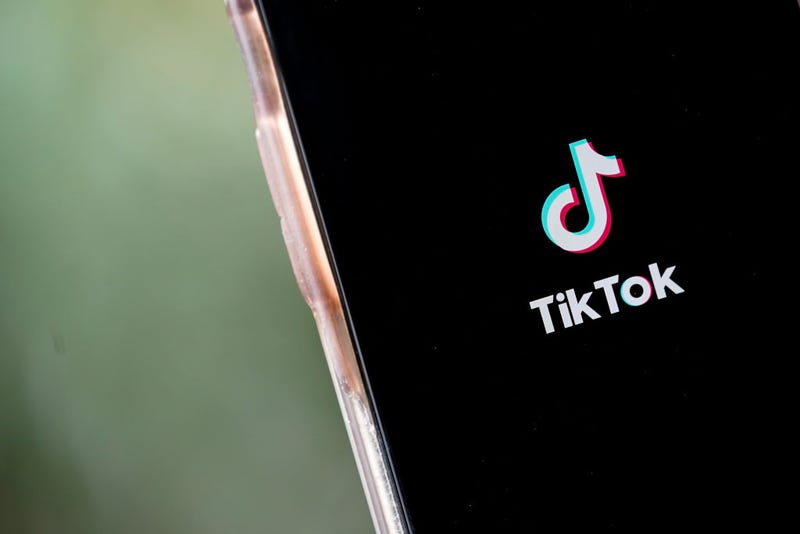
TikTok, the video-sharing app that has frequently grabbed headlines lately for the crazes – both positive and negative – that it elevates to viral status, was once again front and center Tuesday. But this time, it was on Capitol Hill.
Sen. Gary Peters of Michigan, the Senate Homeland Security Chairman, wants to know how the app handled content pertaining to the January 6 insurrection in Washington, D.C., and whether their algorithms promoted content posted by rioters.
Peters also wants to know the company’s general policy on violent and extremist content and how it gets enforced, as well as whether they’ve been cooperative with federal authorities.
In a letter Peters fired off to TikTok CEO Shou Zi Chew, he alleges the company only acted on the extremist content posted on its site “after continued reports from outside parties, and TikTok extremist content has been allowed to return and continue operating on its platform.”
So far, TikTok has yet to comment.
Peters has made the same written inquiries to other video-sharing sites that saw activity during the Capitol riot, including Facebook, Twitter and YouTube.
TikTok has seen its profile steadily raised in mainstream American culture over the last few years, and its cachet with American youth in particular has made it a formidable player in the marketplace.
John Hermann, who covers tech and media for the New York Times Magazine, says the app is actually driving sales of products that would normally fall through the cracks.
“On TikTok, what’s unusual is that pretty frequently the products themselves end up going viral. And they’re not necessarily social-media ready,” Hermann says. “Some of these are kind of weird. They kind of feel like things you might see on QVC or the Home Shopping Network. Some of them are funny. Some of them are surprising and kind of delightful. It’s a different environment.”
But that increase in internet traffic has also led to an increase in scrutiny in its methods of luring eyeballs.
“The thing that TikTok has done from the start,” Hermann says, “is it’s been really, really assertive about saying to you, ‘Here’s what WE think you should watch next.’ You follow people. You have people that you are interested in specifically, and people can become famous and become influencers. But it’s the ‘For You’ page – the page that you see when you log in – that’s telling you, ‘Maybe this will be funny to you. Maybe this will be moving to you. Maybe this will be interesting to you. And maybe you’ll participate in this.’
“It’s an app that’s just very clever about suggesting what you might watch next, so it’s also turning out to be pretty good in telling you what you might want to buy next.”
TikTok’s next bit of influence may have to involve persuading Congress their methods of limiting content during the Capitol riots was sufficient. Sen. Peters would like an answer by October 27.

![[VIDEO] Trump wishes Capitol rioter who was killed a happy birthday](https://radioimg.audacy.com/aiu-media/4ppiOchU-552f586f-c98c-4e5b-8e19-b189885bf600.jpg?crop=16:9)
